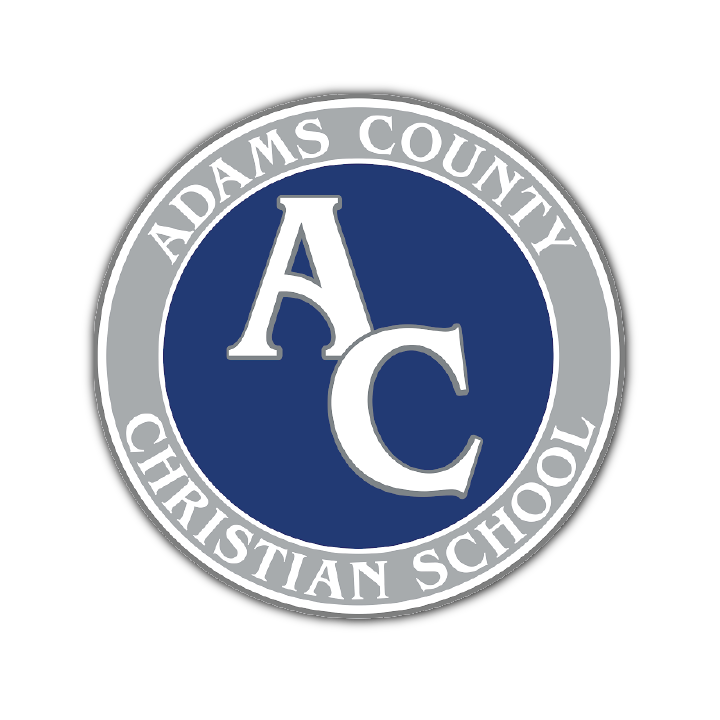Schools aren’t to blame for boosters
Published 12:13 am Sunday, September 16, 2012
The storylines for Mississippi State this past week should have been more positive.
The Bulldogs were coming off a big 28-10 win against Auburn Sept. 8. It was Dan Mullen’s first win against an SEC West team not named Ole Miss, and was a huge monkey off his back. Not to mention, it was the first time Mississippi State had beaten Auburn since 2007.
But something else stole the headlines for Mississippi State leading up to Saturday’s 30-24 win against Troy.
Reports came out that a Bulldog booster named Robert Denton Herring supposedly provided Mississippi State defensive back Will Redmond with extra benefits to attend school in Starkville.
A Nashville-based 7-on-7 coach named Byron De’Vinner told ESPN’s Joe Schad that Herring also gave benefits to “five or six” Bulldog players.
Allegedly, Herring’s love for the Bulldogs was so great that he was going to do “whatever he could to help State,” according to De’Vinner.
Only Herring knows what really happened between he and Mississippi State athletes, if anything. In the court of law, Herring is innocent until proven guilty. In the court of public opinion, I can only imagine many Bulldog fans are ready for Mississippi State to cut ties with Herring altogether.
If the allegations against Herring prove true, Mississippi State will likely receive some kind of penalties from the NCAA. It would also be the latest in what seems to be the never-ending story of some booster with some school getting caught trying to “help his school.”
Mississippi State isn’t the only school with these kinds of problems, whether actual violations are being committed or whether someone needs to simply be told to stay away from athletes. The athletic departments at NCAA member institutions have entire compliance departments that deal with this very issue.
But no matter how on top of these situations these compliance departments are, the simple truth is that you can’t control boosters. There are too many of them with too many back channels and subtle “hundred-dollar handshakes.”
It’s why the NCAA should not invoke harsh penalties on school that has an athlete who received extra benefits from a booster. Should that athlete be ruled ineligible? Absolutely. These players are made aware that it’s against the rules for them to receive extra benefits to play for a school.
But unless it can be proven that someone within the school’s institution, such as a coach or faculty member in the athletic department, had something to do with a player getting extra benefits, that school should not receive harsh penalties just because some booster wanted to be “helpful.” There’s simply no way for every school to police every single booster.
Hopefully, the allegations against Herring are untrue. There’s too much good going on in Starkville right now for this garbage. If they are true, let’s hope the NCAA shows some restraint, if indeed it was just the actions of one lone man.






